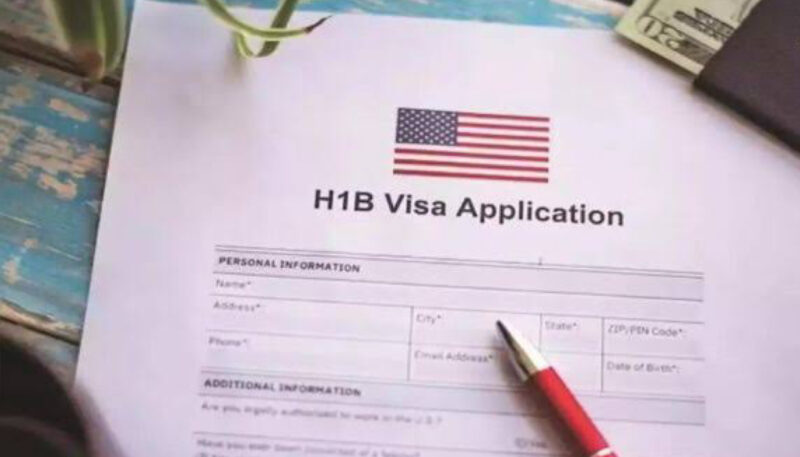Unusual Requests for Evidence Issued by USCIS Raise Concerns Among Immigration Attorneys
The United States Citizenship and Immigration Services (USCIS) has recently begun issuing atypical Requests for Evidence (RFEs) in employment-based visa applications, encompassing H-1B and I-140 petitions. These RFEs are prompting significant apprehension among immigration attorneys due to their focus on applicants’ home addresses and biometric data.
This shift has been described as unsettling, with legal experts expressing worries regarding issues of transparency, due process, and data protection. Unlike conventional RFEs that typically address concerns about eligibility such as verifying educational credentials or employer information these new requests allude to vague instances of “potentially adverse information” without providing any specifics.
Immigration attorneys note that the demand for biometric data is generally reserved for cases involving asylum seekers or those applying for green cards, rather than for individuals seeking temporary work visas. Legal professionals have advised recipients of these RFEs to exercise caution and refrain from responding immediately. Instead, they suggest that applicants request a full disclosure of any negative information that USCIS may be referencing. This recommendation is supported by regulation 8 CFR 103.2(b)(16)(i), which permits applicants to contest any claims made against them.
The ramifications of this recent development could extend far and wide, impacting H-1B visa holders, I-140 applicants, their employers, and international graduates, particularly those in STEM and artificial intelligence fields. Reports indicate that over 1,500 students and graduates from more than 240 U.S. educational institutions are already encountering legal obstacles due to these new RFEs.
Experts strongly advise anyone who receives these requests to seek guidance from a qualified immigration attorney as soon as possible to navigate this troubling situation.










Join our Channel...